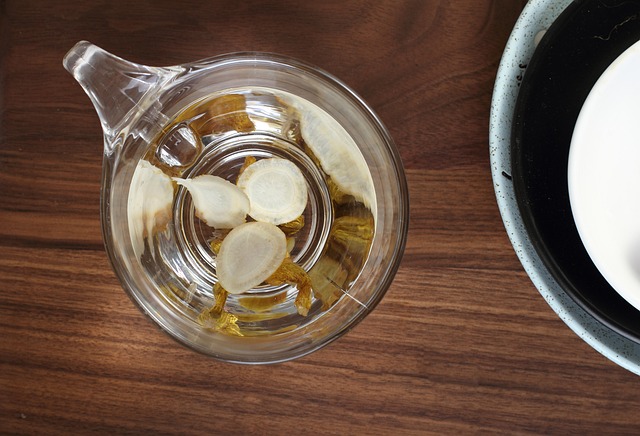
Personal Story
“Adaptogens” was a somewhat new term to me years ago when I began my study of the Naturally Healthy Herbalist Training course. I now take an adaptation every day to help my body deal with the stresses that come with my day-to-day life.
What Are Adaptations?
“Adaptogens” is a plant category of herbs that help the body adapt to stress, restore balance, and support normal metabolic processes. They offer health benefits that increase the body’s resistance to biological, emotional, environmental, and physical stressors. They promote normal physiologic function.
According to Israel I. Breckman, PhD, and Dr. I. V. Dardymov, a functional definition of adaptations includes these three things:
- An adaptogen is non-toxic to the recipient.
- An adaptogen produces a nonspecific response in the body.
- An adaptogen has a normalizing influence on the Physiology of the body.
What Actions Do Adaptations Have on the Body?
Adaptogens modulate our responses to stress (emotional, environmental, and physical). Adaptogenic herbs support adrenal function and work at the cellular level to allow our bodies to promote an adaptive response to stress and may lessen some of the damage that a prolonged stress response can have on the body. Health benefits have a wide range of health benefits.
- Adrenal fatigue
- Aging and longevity
- Anxiety and depression
- Arthritis
- Athletic performance
- Brain function
- Breathing problems
- Cancer
- Cardiovascular functions
- digestion
- Eyesight liver damage
- muscular skeletal health
- sex hormone regulation skin, hair, and nails
- sleep problems stress
- Urinary system
- Overweight and overeating
Adaptogens help regulate and support the interconnected immune and neuroendocrine systems.
What Are Some Adaptogen Herbs?
There are many herbs which are appropriate for many different situations. Please consult an herbalist or someone knowledgeable about herbs before consuming them.
- American Ginseng, Panax quinquefolius, is an herb which can be safely consumed when used appropriately.
- Asian ginseng, Panax ginseng, is an herb which can be safely consumed when used appropriately.Common names: Panax ginseng, Korean ginseng, Chinese ginseng, Oriental ginseng, Asian ginseng, and Red ginseng
- Devil’s Club, Oplopanax horridus, is an herb which can be safely consumed when used appropriately.
- Eleuthero, Eleutherococcus senticosus, is an herb which can be safely consumed when used appropriately, though it is only for a short time, and though those with high blood pressure should seek guidance.
- Ginkgo, Ginkgo biloba, leaf is an herb which can be safely consumed when used appropriately, but seed has cautions one should seek expert advice on.
Deciding which herb and how best to use it takes an understanding of the herb, how it works in the body, and what safety precautions it has. Herbs can interact with other supplements and medicines, so care must be taken to really know the herb and your body.
Do Adaptations Work?
Both traditional and historic uses of adaptogen herbs and an evidence-based approach can inform the effectiveness of an herb. This means traditional use of herbs over centuries has been documented and shows efficacy for many of them. Clinical research studies are more and more often showing similar validation for many herbs.
How Safe Are Herbs?
Many herbs have been used traditionally without harming anyone, but it is important to learn about the herb before using it. It is also crucial to let your health care practitioners know your use of herbs, vitamins, and any other supplements you take. Even if an herb is considered safe, there is always the possibility of individual sensitivity. Start out with a small amount for several days and monitor the body’s response to it.
Action
In review, adaptogens are herbs that are used to strengthen the body’s immune response and increase the body’s ability to cope with physical and mental stress. Seek out a knowledgeable herbalist and find out which one would be the best fit for you.
May God bless your healthful endeavors!
Joni
P.S. What adaptogen herbs do you use to support your body?

0 Comments